Ofcom greenlights politicians like Nigel Farage to host GB News shows during the election, sparking controversy from former host Andrew Neil amid ongoing regulatory scrutiny of the channel and mounting financial woes. Here’s the full story.
GB News

GB News, the right-wing, hedge fund-backed UK news channel, has made serious inroads into the UK media market following its launch despite a plethora of problems it faced when it first hit the nation’s screens.
Ofcom Breaches
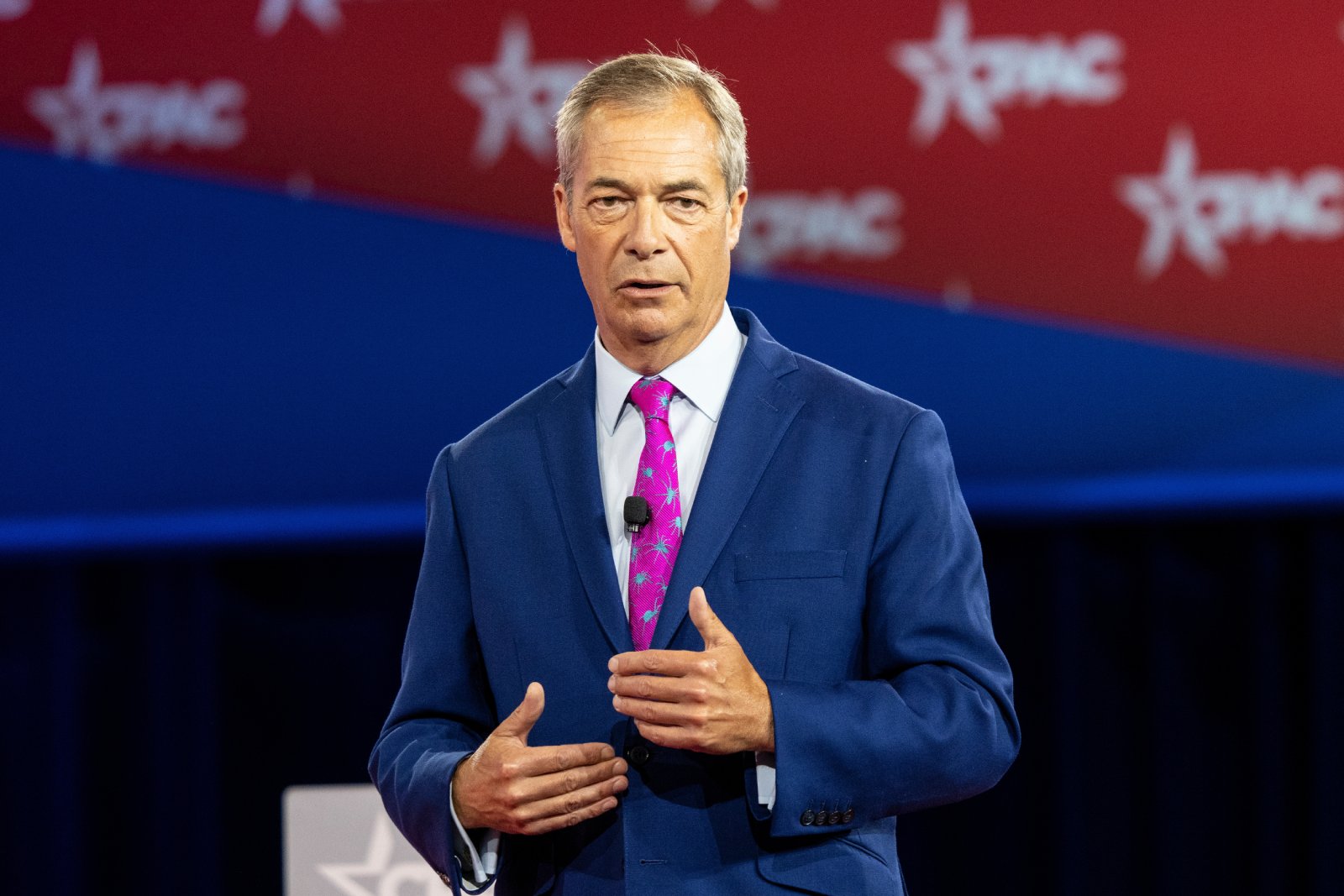
Despite numerous breaches of the UK’s broadcasting rules, Ofcom, the UK’s media regulator, has made the surprising decision to let Nigel Farage, honorary president of Reform UK and the man many blame for the Brexit referendum, continue to host his nightly GB News show during the lead up to the general election.
Ongoing Debates

The decision is all the more surprising considering the ongoing debates surrounding the appropriateness of politicians hosting news programmes, particularly during election campaigns, when strict neutrality rules are enforced.
“No Clear Consensus”

Ofcom’s stance reflects what the regulator called “no clear consensus for an outright ban” of politicians hosting news or current affairs style shows, despite admitting that the idea made the public “instinctively uncomfortable.”
“Really Hard in Terms of Due Impartiality”
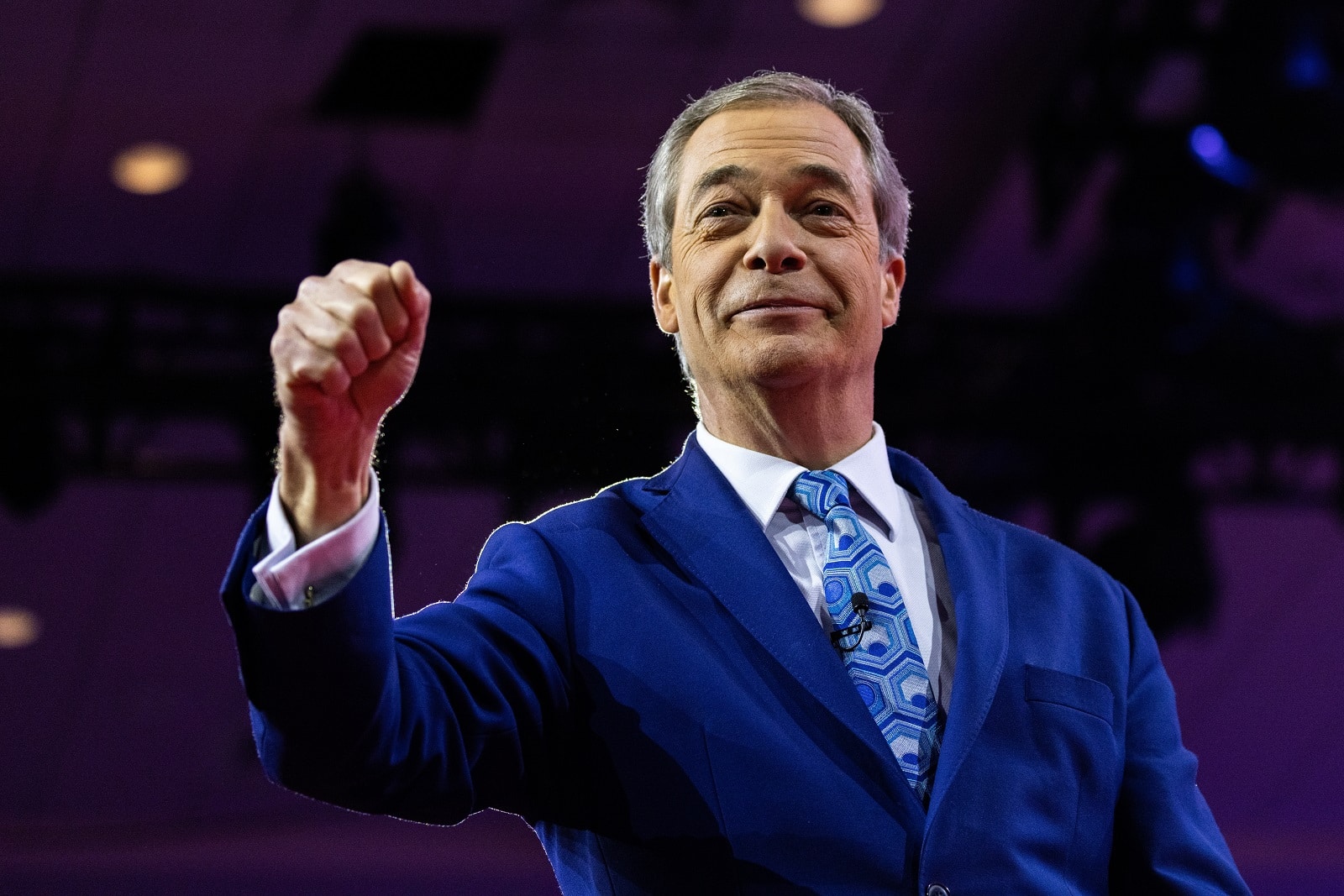
Cristina Nicolotti Squires, an executive at Ofcom responsible for broadcast regulation, told the Guardian, “If [GB News] want to take that risk, that decision, to put a politician like Farage presenting a programme during a general election campaign the bar is going to have to be really hard in terms of due impartiality. Then we’ll have to decide whether the programme has been duly impartial. And we’ll act really swiftly.”
Clear Distinction

The regulator instead outlined explicit guidelines for ensuring that political presenters clearly distinguish between their roles as MPs and broadcasters.
MPs Banned

Serving MPs will also be banned from appearing on news-style programs as hosts during the election campaign.
Soft Approach

Ofcom’s decision has been roundly criticised, with many accusing the regulator of taking too soft an approach to GB News out of fear of political reprisals from the almost entirely Conservative or right-wing MPs who present or host its programs.
Andrew Neil

One outspoken critic is former GB News presenter Andrew Neil, who is chairman of the right-wing Spectator magazine and quit GB News only a few days after the channel’s embarrassingly gaffe-prone launch.
“Nutty End of Politics”
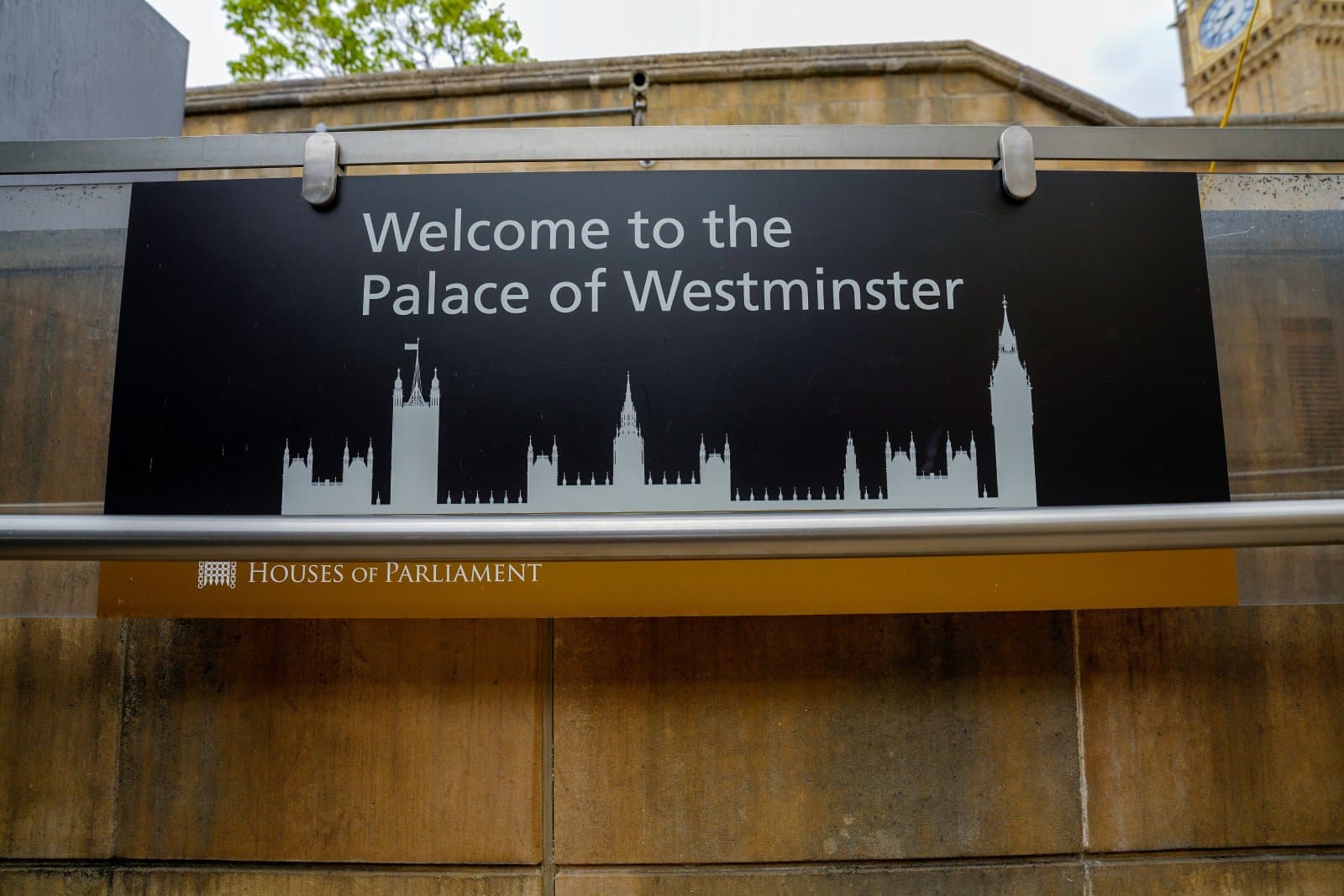
Speaking to the House of Lords, Neil lamented how the channel had become “an outlet for bizarre conspiracy theories” on “the nutty end of politics.”
“Find a Backbone”

Neil also called on the regulator to “find a backbone—and quick” when penalising the channel for its many breaches of the broadcasting rules.
Tolerant Surprise
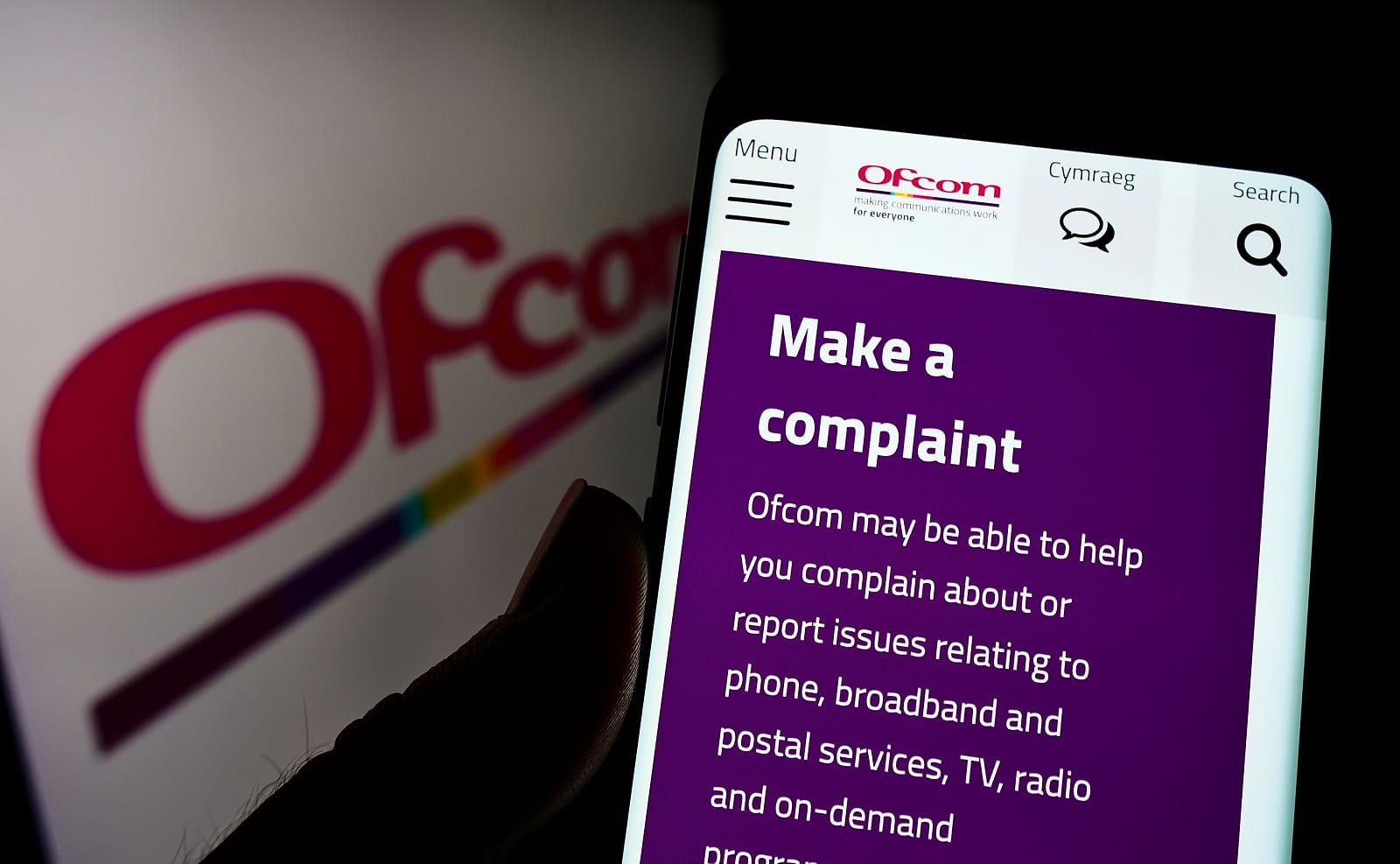
Neil stated, “I’m surprised how tolerant Ofcom has been of GB News. I’m surprised any regulator would allow politicians sitting in the Houses of Parliament to present political TV programmes.”
“Never Have Happened”

He continued, “If I’d stayed as chairman it would never have happened because I would not have had any politician present a television show in the first place, and I would certainly never have allowed politicians to interview other politicians from the same party.”
Numerous Breaches

GB News has previously been criticised for numerous breaches of impartiality rules, including instances where Conservative MPs were paid extravagant sums to serve as news presenters.
“On Notice”

Despite these breaches, Ofcom stopped short of imposing sanctions on the channel, instead issuing warnings and placing GB News “on notice.”
Thin Line

One of the main challenges highlighted by Ofcom’s decision is the considerable ambiguity surrounding the difference between news and current affairs programming.
Greater Flexibility

While broadcasting rules restrict politicians from presenting news bulletins, they allow for greater flexibility in current affairs discussions, a space that GB News has managed to navigate with greater than-expected dexterity.
£42.4 Million

However, despite this most recent good news, GB News is struggling financially. According to the Press Gazette, last year saw it lose £42.4 million, and the channel recently announced its first round of layoffs to stem the financial bleeding.
Unique Niche

Despite these mounting challenges, GB News has carved out a unique niche within the UK media landscape, for better or worse.
Distinct Identity
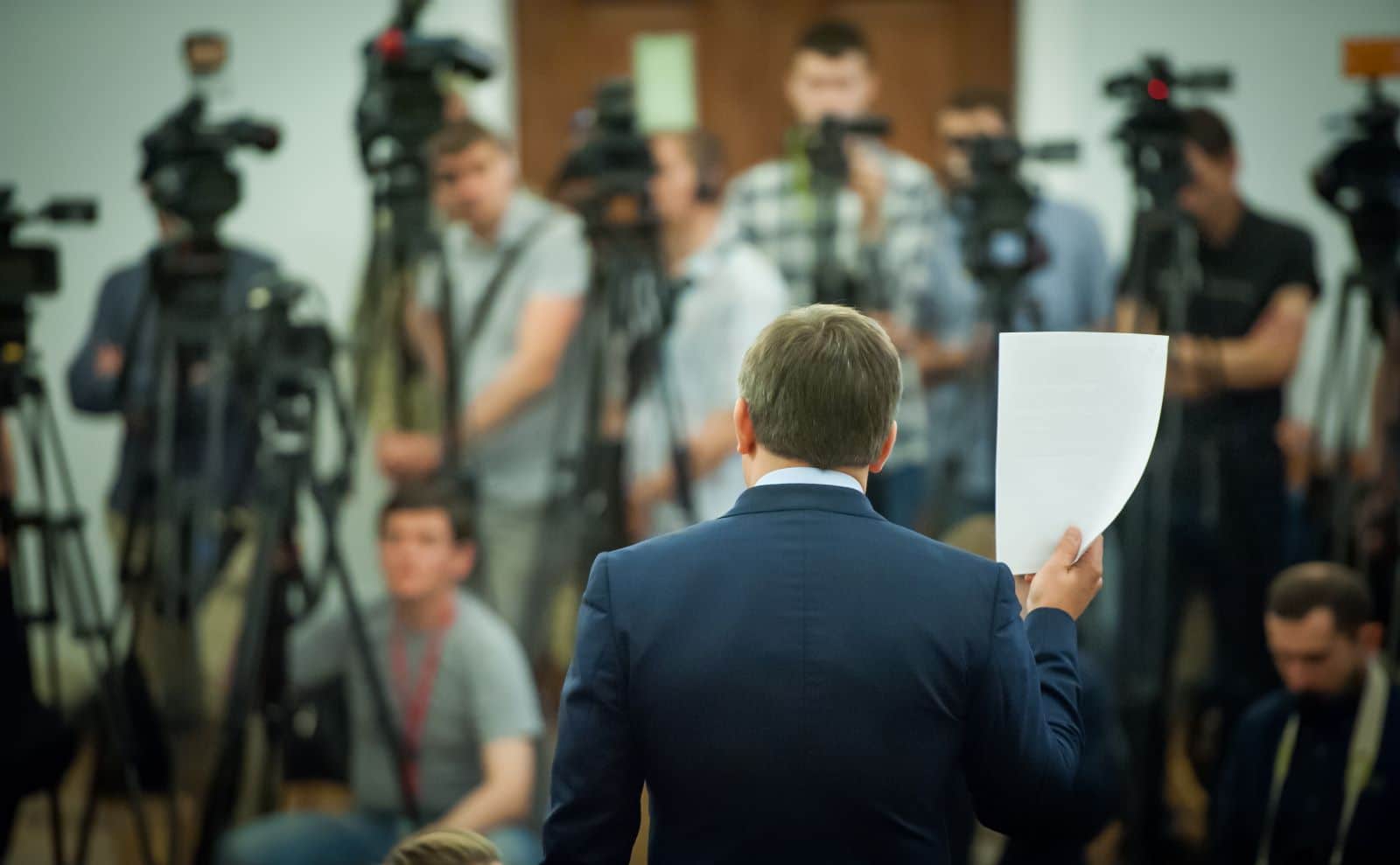
Despite facing stiff competition from the rest of the UK’s predominantly right-wing broadcasters and print media, including Murdoch-owned TalkTV, GB News has managed to cultivate a distinct identity, albeit within a severely limited market segment.
Raised Eyebrows

As GB News prepares to broadcast during its first general election, Ofcom’s decision to allow politicians to present current affairs programmes has raised more than a few eyebrows.
Right-Wing Agenda

With the channel unashamedly promoting a right-wing news agenda, the delicate balance between regulatory compliance and editorial freedom appears to be quickly eroding.
What this will mean for the upcoming election and the future of the channel itself remains to be seen.
More Articles Like This…
Broken Britain: 12 Reasons Behind the UK’s Decline
Say the Unsayable: 10 Occasions When Farage Spoke His Mind About Britain
The post — first appeared on Edge Media.
Featured Image Credit: Shutterstock / T. Schneider.
Grant Gallacher is a seasoned writer with expertise in politics and impactful daily news. His work, deeply rooted in addressing issues that resonate with a wide audience, showcases an unwavering commitment to bringing forth the stories that matter. He is also known for satirical writing and stand up comedy.

